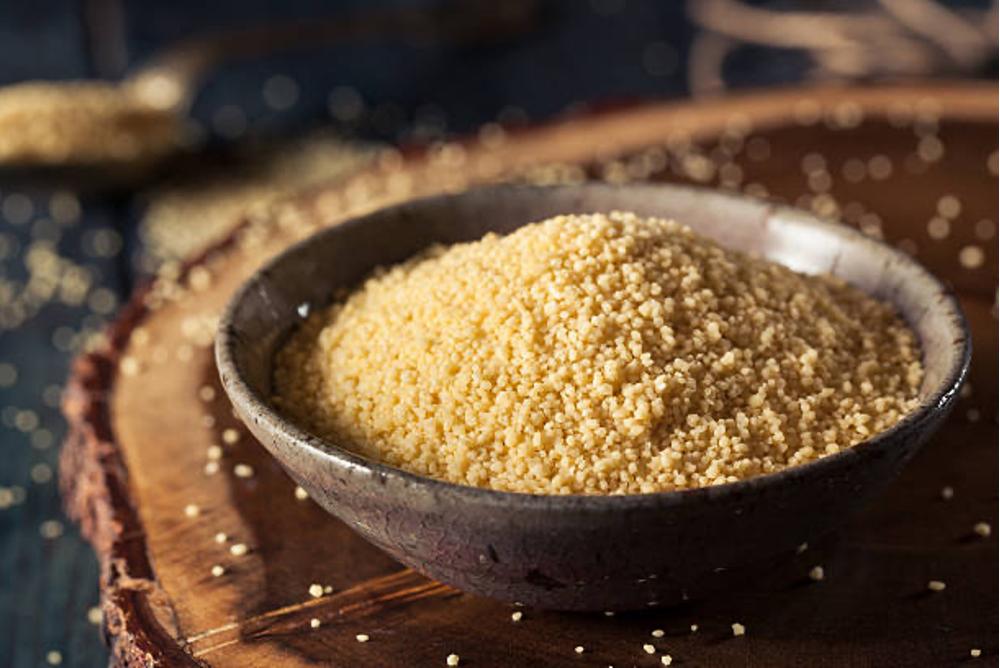Arts & Sciences Events
[PAST EVENT] "Grains of Empire: Assimilating Couscous": Annual Fauvel Lecture in French and Francophone Studies
Access & Features
- Open to the public

Every spring the French & Francophone Studies program organizes an Annual Fauvel Lecture Series in French & Francophone Studies. This series places special emphasis on issues of diversity, inclusion, and common ground in the increasingly diverse societies of France and the Francophone world. Guest lecturers speak to the latest trends in French & Francophone cultural studies, engaging issues of socio-political relevance through original analyses of literature, new media, and other texts broadly defined. This spring, Professor Sylvie Durmelat (Georgetown University, French and Francophone Studies) will present research from her current book project, "Grains of Empire: Assimilating Couscous." Professor Durmelat works at the intersection of cultural and postcolonial studies, colonial legacies, narratives of immigration and integration in France, as well as foodways and issues of food production and consumption.
Abstract: Couscous, once described in colonial texts and in culinary literature as “the national dish of the Arabs” has been crowned as a “favorite dish of the French” since the early 2000s, especially in its more recent Parisian iteration, labeled “couscous royal,” which comes with a variety of meats. Once exotic, a canned version was launched in French supermarkets in 1962, when the war of Algerian Independence ended. While taste change may be considered as a naturally occurring phenomenon following the increased influx of migrants from North Africa, I argue that it also presents an under-explored dimension of how colonization, decolonization and their enduring legacy shape everyday food choices. The convergence of specific group interests, technological innovations, and government support made France the leading consumer of couscous in Europe, as well as the primary producer of industrial couscous until the 2000s. The French food machine industry remains the leading manufacturer of automated, self-cleaning, turn-key, industrial couscous production lines, controlling 90% of the North African market, where couscous was originally made. Although they may seem mundane, fluffy couscous grains and their trajectory tell the double story of a successful reciprocal assimilation and a racialized system of dispossession.
Contact
[[brbrehm]]
